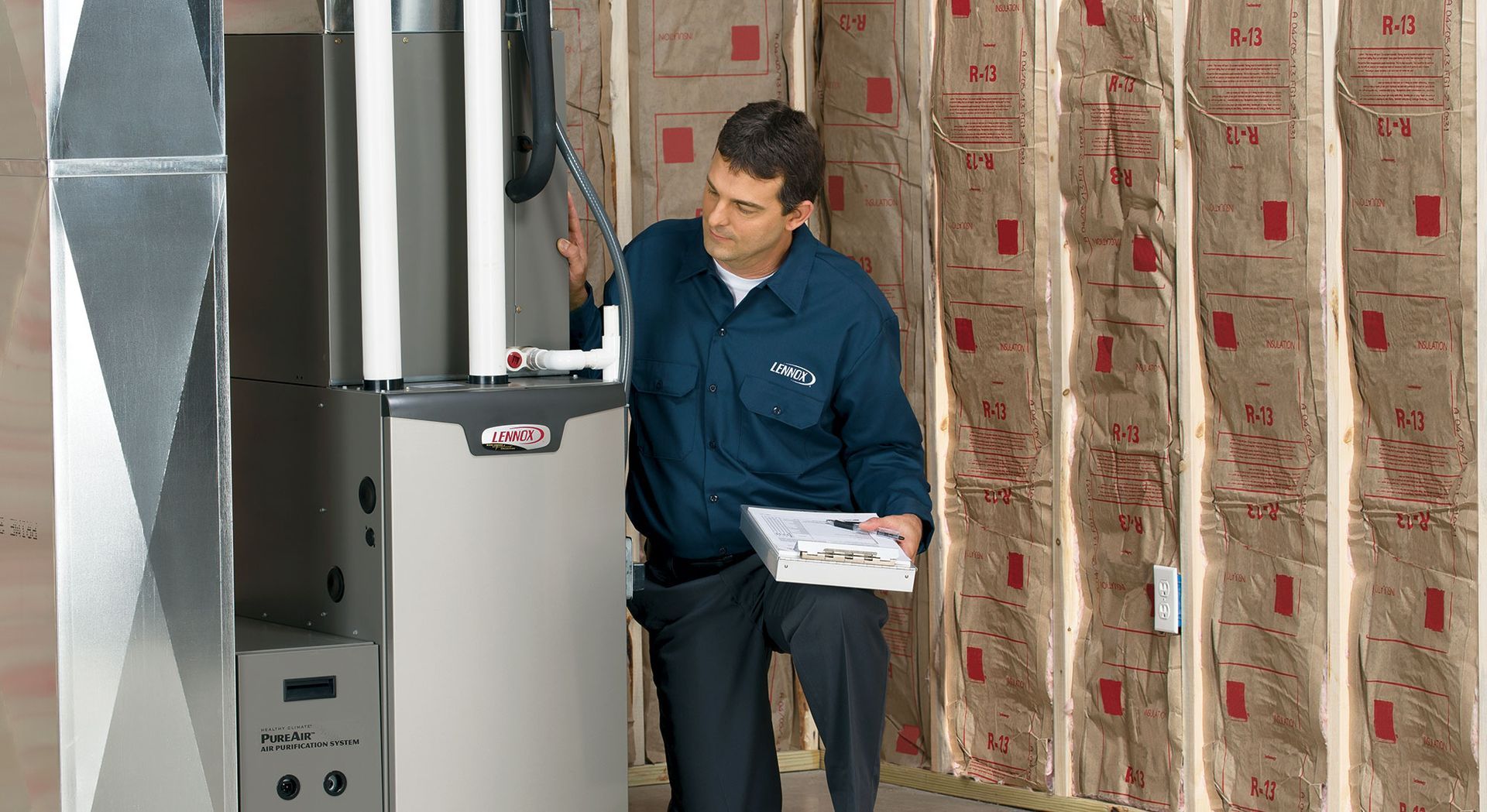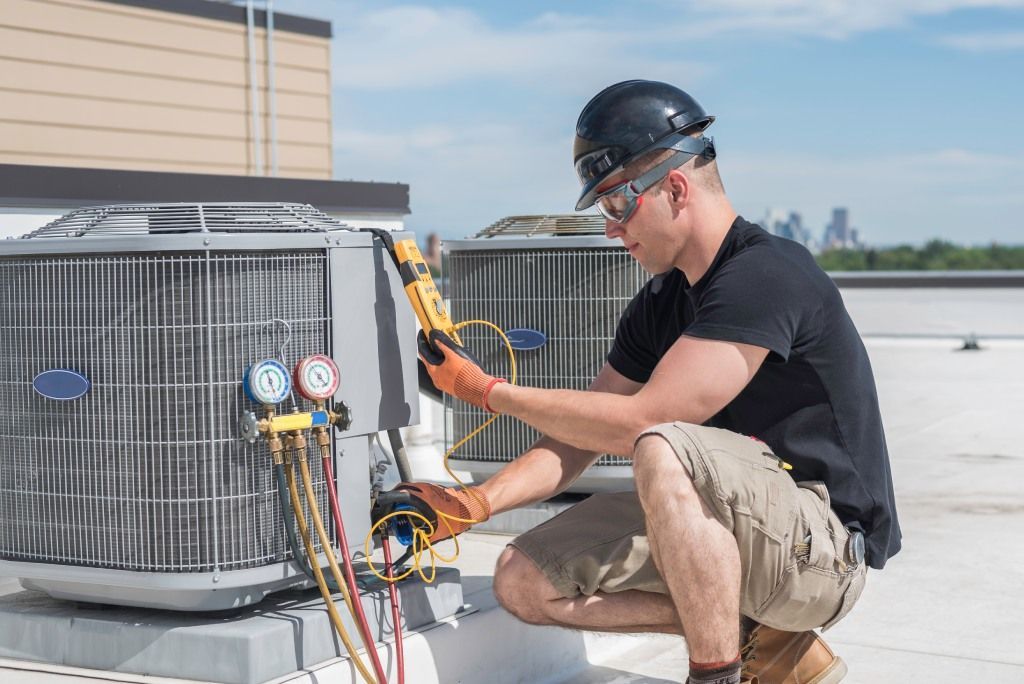It’s nice to have a home set up so every room can enjoy the benefits of central air conditioning. However, even those with central air may have rooms that get a little warmer in the summer. They may also have rooms not connected to the house’s ductwork that need air conditioning as much as the rest of the house. If you’re in this situation, take a look at Lennox’s MS8C as an answer to your problem. We are your local choice for ductless air conditioning.
Ductless Systems – Lennox
First, the main reason to consider a ductless air conditioning system is price. Running a new duct through a house to a room that doesn’t already have one can be incredibly expensive. You are essentially remodeling part of the house. Additionally if you already have a duct to the room, but it doesn’t supply enough cooling, all you can do is crank the A/C up higher which increases your energy bills (not to mention makes the rest of the house uncomfortably cold). In either case, ductless (or mini-split) air conditioning provides long-term savings.
But why the MS8C Ductless Air Conditioning specifically?
- Quiet. If you’ve ever dealt with one of those gray, old-school, single-room A/C units, you’ll assuredly remember how loud they were at even the lowest settings. Outdoor MS8C units run at 50 decibels, which is low enough to let you maintain a normal conversation over them. An indoor unit runs at 26 decibels; it’s literally as quiet as a whisper.
- High-level energy efficiency. If you shop for A/C units, you might see something called a SEER rating. SEER stands for Seasonal Energy Efficiency Ratio. This rates the maximum energy efficiency of a unit—all A/C units vary in how efficient they are over time, but this rating gives you a strong idea of how good a unit will be at reducing your energy costs relative to how much you use it. Older air conditioners might have a SEER rating of eight or nine; in the U.S., most states require modern units to have at least a 13 or 14. The MS8C carries an almost unheard-of 22 SEER rating, ensuring tremendous energy efficiency and value.
- Minimal temperature swings. Unlike traditional A/C systems, which stop and start depending on their thermostats, the MS8C is designed to maintain an even room temperature without noticeable fluctuations.
- Wireless controls. If the pure capacity and efficiency wasn’t enough to win you over, the MS8C comes with a remote control, letting you change settings from wherever you’re sitting.
If you’re looking to cool a particular room in your house, the Lennox MS8C offers good price, extraordinary energy efficiency, and ease of use equal to or better than anything on the market. And, if you’re looking for an A/C unit in Western Georgia, contact us to find out more about what’s right for your home.
The post Lennox’s MS8C—The Solution For Ductless Air Conditioning appeared first on Maxwell Heating & Cooling.




